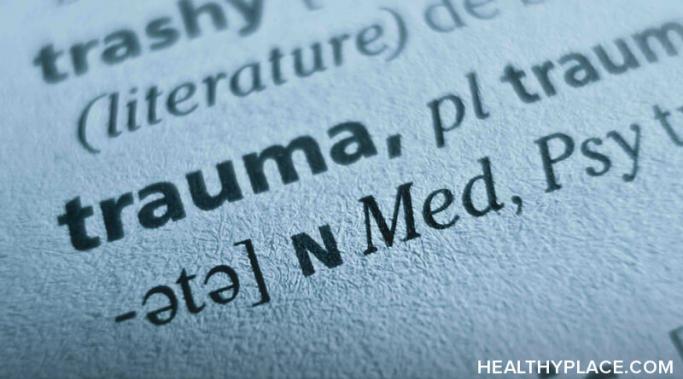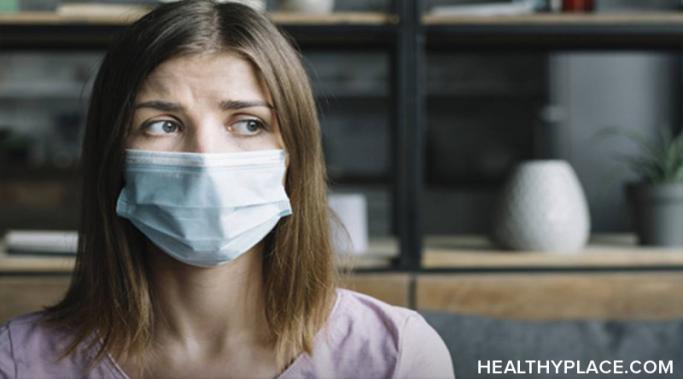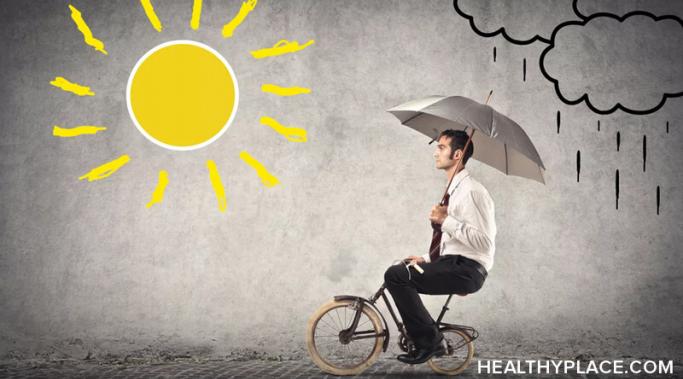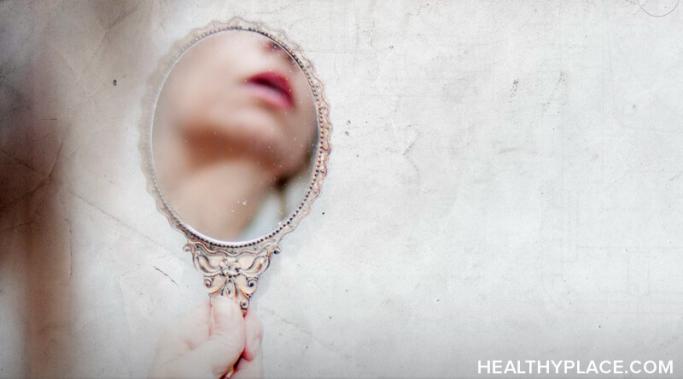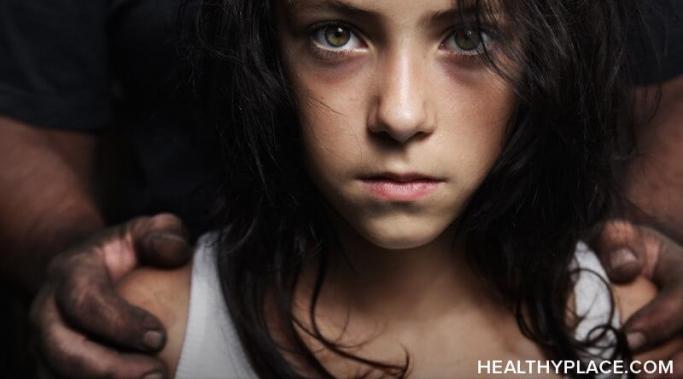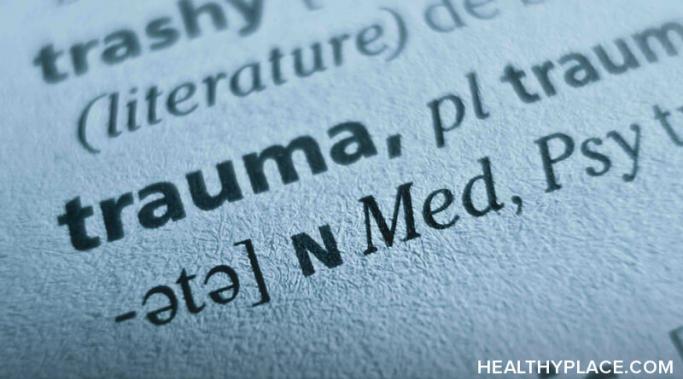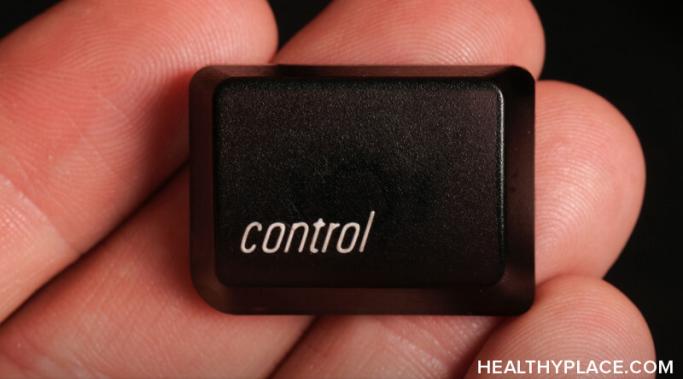Many patients with chronic illnesses find themselves with some amount of medical trauma. When you're a child, it's hard to make sense of surgeries, blood tests, and hours spent in hospitals with the sick and dying. But there's also the medical trauma that, for many of us, could have been avoided if our doctors had been better listeners.
Relationships Videos
If it wasn't for my weekly virtual therapy session, my avoidant attachment behaviors would have caused far more mayhem in my quarantine life. What is avoidant attachment? It isn't a mental disorder or illness. Rather, it's a style of attachment.
I'm not sure who has it worse: folks who are isolated alone or those of us who are quarantining with our loved ones. All in all, I'm glad my boyfriend and I left our Brooklyn apartment before the state of emergency was declared in order to quarantine upstate with my parents.
Do you have a drive for thinness even though you're in eating disorder recovery? Is it healthy for you? Let's explore those questions and get some answers.
Body dissatisfaction is a part of Behcet's disease for me, and it's easier to talk about Behcet's disease than my body dissatisfaction and disordered eating.
As a child, I experienced three years of sexual abuse at the hands of a family member. As a teenager, I fell asleep drunk on a train and woke to a stranger's hand in my underwear. In the past, I've discussed the impact this abuse has had on my early experiences with sex and on my relationships with my family. Today, I'm going to talk specifically about how this abuse has impacted two of my most serious relationships.
I was a victim of intrafamily sexual childhood abuse. I was three years old when my teenage cousin began sexually abusing me. It would start with a game of truth or dare, during which he would make me expose myself, touch him, and allow him to touch me. It continued for two years. Finally, our parents discovered one of these "games," and put an end to it. But we continued to attend the same holiday parties and family gatherings. I dreaded our meetings my whole childhood. These are the ways it impacted my relationship with my family and the things I wish my family had done differently.
Sex after sexual abuse: what's it like? Sexual abuse has a huge impact on my sex life. After two instances of sexual abuse, I felt that my sexuality no longer belonged to me. Twice my body was treated as an object to be used by my abusers as they saw fit, first during my childhood at the hands of a family member, then later by a stranger on a train. Though I didn't realize it at the time, I accepted that my sexuality belonged to the men I slept with and not to me. It took me a long time to confront this truth about the impact of sexual abuse on my sex life, and I still haven't deconstructed the many ways that these instances of abuse eventually brought me to my experiences with sex now. I decided to use this blog as a place to explore this.
Although many people struggle to set boundaries in relationships, doing so can drastically improve your mental health in the long run. For years, I would passively agree to anything that anyone asked of me. If I wanted to say no, my anxiety and depression would infiltrate into my thoughts, telling me that I had to go above and beyond to make people approve of me. I was seeking approval and admiration in the least healthy ways, and this began to take a toll on my mental health. Eventually, I felt empty. Setting boundaries in relationships has a lot to do with self-care, in my opinion. If you are feeling burnt out from a lack of pre-set limits, you are swiftly losing your emotional energy and potentially your sense of self.
My name is Miranda Card and I’m excited to join the HealthyPlace team as a writer for "Relationships and Mental Illness." Many of my experiences with mental illness stem from a lifelong struggle with chronic illness, a disease known as Behcet’s. Only now, at 24, am I beginning to understand the trauma of my diagnosis. I am only now beginning to acknowledge that my illness has symptoms beyond the physical; it has ravaged my relationship with food and birthed disordered eating; it inspires anxiety that affects my decisions in life; the depression that comes with my medication often wreaks havoc on my relationships. Discussing these things in writing never occurred to me before because these “mental symptoms” have always been a source of shame and denial. But someone told me recently to write about what scares you, so here I am.
